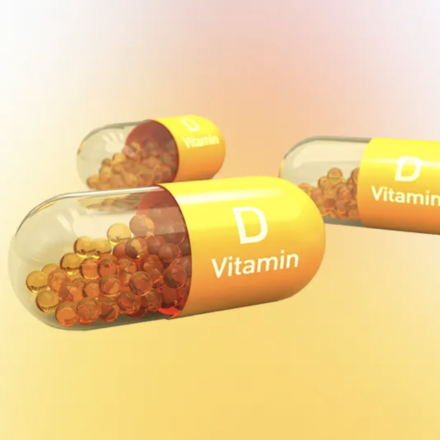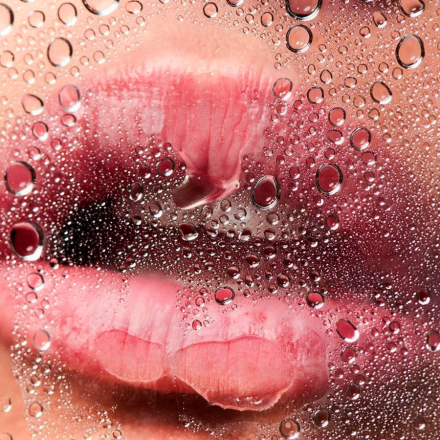7 Signs Your Body Isn't Getting Enough Protein - and How to Fix It
Protein isn’t just the “building block” for muscles. It affects energy, hormones, immunity, and even your mood. When your diet is lacking, your body sends clear signals that are hard to ignore. The good news? You can fix it by adjusting your nutrition.
Protein isn’t just the “building block” for muscles. It affects energy, hormones, immunity, and even your mood. When your diet is lacking, your body sends clear signals that are hard to ignore. The good news? You can fix it by adjusting your nutrition.
Why Protein Is So Important
Many people don’t get enough protein simply because they don’t include it in breakfast, lunch, or dinner. Experts recommend adults consume 1.5–2 grams of protein per kilogram of body weight per day, depending on activity level.
Protein is especially important for women over 45–50. Nutritionists suggest getting most of it in the morning: 30 grams of protein at breakfast helps prevent fatigue and unhealthy snacking. “Eggs, Greek yogurt, or protein-rich foods like salmon, mackerel, and tuna help control appetite, boost metabolism, reduce inflammation, and improve cognitive function,” explains dietitian and biologist Anastasia Kaliga.
Protein is also essential for hormonal balance. A deficiency can lead to irregular cycles, weakened immunity, swelling, depression, slow wound healing, and other negative effects.
7 Signs You’re Not Getting Enough Protein
Constant Fatigue
“If you feel chronically tired, it could be linked to protein deficiency,” says dietitian Mariana Perez-Trejo Soltvedel. Without enough protein, the body loses muscle mass, nutrient deficiencies build up, and energy drops.
Muscle Loss
Protein is necessary for joints, recovery, and muscle building. “Even with intense training, a lack of protein prevents you from gaining or maintaining muscle mass,” warns Perez-Trejo Soltvedel.
Weakened Immunity
Protein helps produce antibodies — the body’s defenders. Frequent illness or slow recovery from a cold may signal a deficiency.
Swelling and a “Puffy” Face
Protein deficiency lowers blood albumin levels, a protein that keeps fluid in blood vessels. The result: swelling in hands, feet, or face, even with moderate salt intake.
Poor Concentration and Mood
Protein is needed to synthesize neurotransmitters (serotonin, dopamine, norepinephrine). A deficiency can cause “brain fog,” poor concentration, apathy, irritability, or depressive states.
Brittle Nails and Hair Loss
Protein contains collagen and keratin, essential for hair, skin, and nails. Without it, skin becomes dry, nails fragile, and hair weaker.
Frequent Snacking Between Meals
Without enough protein, hunger returns quickly. Simple carbs cause blood sugar spikes, triggering cravings. A protein-rich breakfast helps control appetite and regulate ghrelin — the hunger hormone.



















